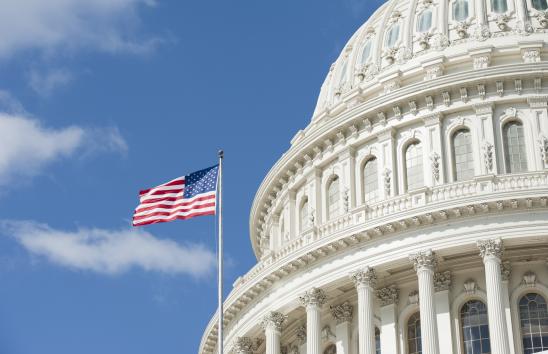New Warranty Claims Rule Extends to All ACH Payments, Regardless of Original Date
What if you enter a highway but before you get to the first toll booth the clock strikes midnight and the rates increase? Which toll would you pay: the one in effect when you got on, or the one in effect when you reach the booth?
A very similar question is almost certain to come up once the new Limitation on Warranty Claims Rule takes effect June 30, 2021. Until now, the Nacha Rules did not put a time limit on claims based on those warranties and indemnities. As a result, breach of warranty claims could be brought as long as permitted by statute of limitations, which vary from state-to-state. That changes as the new Rule becomes effective for the ACH Network.
The new Rule establishes specific time periods for Receiving Depository Financial Institutions (RDFIs) to make claims based on unauthorized entries and brings the ACH Network in line with other payment systems that have time limits.
For an entry to a non-consumer account, the RDFI can make a claim based on an unauthorized entry against the Originating Depository Financial Institution (ODFI) for one year from the settlement day. For an entry to a consumer account, the time limit is two years. In addition, for an entry to a consumer account, a second time period applies allowing an RDFI may make a claim to the ODFI for entries made within the first 95 calendar days from the settlement date of the first unauthorized entry, even if the entry(ies) settled more than two years ago. This allows RDFIs to make claims against ODFIs for any claim that they might have responsibility for under Regulation E.
Suppose a consumer or a business decides after June 30, 2021, to dispute a payment occurring before that date. Then what? Jeanette Hait Blanco, Nacha General Counsel, offered an example and an answer.
“Let’s say a transaction was made in January 2020, but the claim is made in July 2021. Starting June 30, 2021, the new Rule goes into effect. It doesn’t matter that in January 2020, when the settlement occurred, that the Rule was different,” said Blanco.
The new Rule prevails, and Blanco said there’s good reason why.
“It would be complicated if you had a long string of transactions, and some of them were time-limited and some of them weren’t. Each transaction would have to be looked at to determine when it occurred. Also, having a bright line for when the Rule takes effect advances the purpose of the Rule, which is to create more certainty for Originators and ODFIs about the claims they may receive,” said Blanco. Therefore, on June 30, the new limits apply regardless of when payments were originally made.
She likened it to the toll road analogy: Everyone pays the new rate, regardless of when they entered the highway. Otherwise, it would require stopping each vehicle, finding a video of when it entered and checking the time stamp—a very inefficient process.
“RDFIs, especially, should take note of the date of the Rule change. They may find that they are processing claims on some older transactions and can assert breach of warranty claims against the ODFIs before June 30, but can’t after that date,” said Blanco. When June 29 rolls around, she said, it will be D-Day: “Today you can make a claim for transactions that are five years old. Tomorrow you can’t.”
To learn more about the new Rule effective June 30, 2021, visit the Limitation on Warranty Claims page on Nacha.org.







